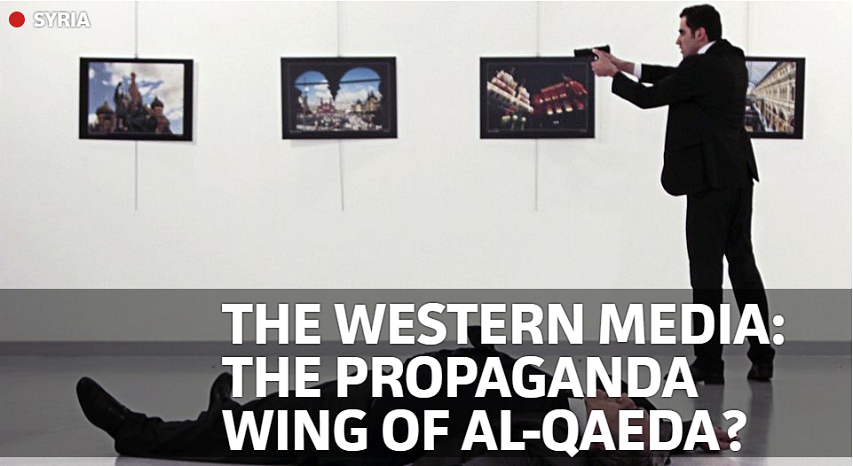I’ve been reading a debunking of the myths of the “Convivencia” paradise that Al Andalus and generally Islamic Hispania is supposed to have been.
It’s not exactly a shock to me. First of all, my preferred reading, as soon as I could read, was history, most of it written in the early 20th century, and a lot of it local histories or histories of regions of Portugal and Spain. I won’t say that the authors universally rejected the myth of Islam as a civilizing/science-bearing force. I will say that when they applied it (in elementary school we were forced to memorize the improvements the Arabs brought to the peninsula — we did that with each invader, and boy did the area get invaded — almonds, pillows (al-mofadas), the sort of fountains that spout by themselves (you build them by making the water gravity fed from above where you want it to spout. I’m explaining very badly, but I am still not fully sleep recovered, and there’s a hole where the name for the fountains should be, orange trees. There might be something about the way oxen were yoked, but I doubt it. Oh, yeah, the way we write our numbers.) it left me curiously unconvinced.
It was little things, you see, having actually been born/grown up in one of the areas/near the area where this supposed paradise existed. Yeah, sure, the North of Portugal got off lightly. We were freed fairly early on (we were a crusade land and were freed mostly by French crusaders, one of whom, having married a daughter of the king of Castille became father to our first king.)
More specifically, though there are no specific histories of the village (duh) I heard more than once from people I trusted, that we were the sort of place that got by with one or two Berber supervisors, and local toadies… er, I mean functionaries.
But Portugal is a small place, and I went to other places. And there are things…
In a truly multicultural society, with REAL religious tolerance, the local church wouldn’t have been commandeered as a mosque (apparently this was a standard humiliation technique for captive populations.) It was returned to use as a church, and has been such for centuries now, the interior having been ALMOST completely scrubbed clean of arabesque decorations. ALMOST. Why almost, you ask? The wall near the door, around the door, where you can’t avoid seeing them as you leave, was left “decorated.” It was left so that people would never forget.
Then there are churches that were pulled down by the Muslim invaders, and into which people were buried through all the years of occupation. It was the only consecrated ground around, you see. The poor bastards weren’t allowed to have their own religious cemeteries/bury their dead in peace. Oh, and this was often in areas that were considered solid Muslim (this ties in to something else later on, so stay tuned.)
But there is more than that. I never BOUGHT the idea that Muslims were kind and gentle overlords for a more bone-deep reason.
Look, people with ancient cultures all in the same place REMEMBER. They remember in ways that no academic gaslighting, no professorial assurances to the contrary can erase. For instance, do you know how you can tell which Roman emperors were considered decent by the local people? They give their names to their kids. Still. Trajan, for instance. And then there are the bad ones, that are also still remembered, but whose names are given to dogs (Nero.) And then there are the unspeakable ones. Neither child nor dog is named Caligula.
Well, in the local area, you find some kids named Ibrahim (though that is a bit confusing since local custom does weird things to spelling) but NONE named Mohammed. (This might be different now, since the Conquista II — this time we pretend to be innofensive — is in progress.) But back then there were no Moes around.
And that is plain weird in a place that has forgotten nothing. (Seriously, there are still people around named after Roman gods, because the name runs in the family. And Greek Heroes. And Carthaginian heroes, too. My brother went to school with Hannibal, Hasdrubal, and a bunch of Roman historical names — I want to say Cipius, but I’m probably wrong.)




